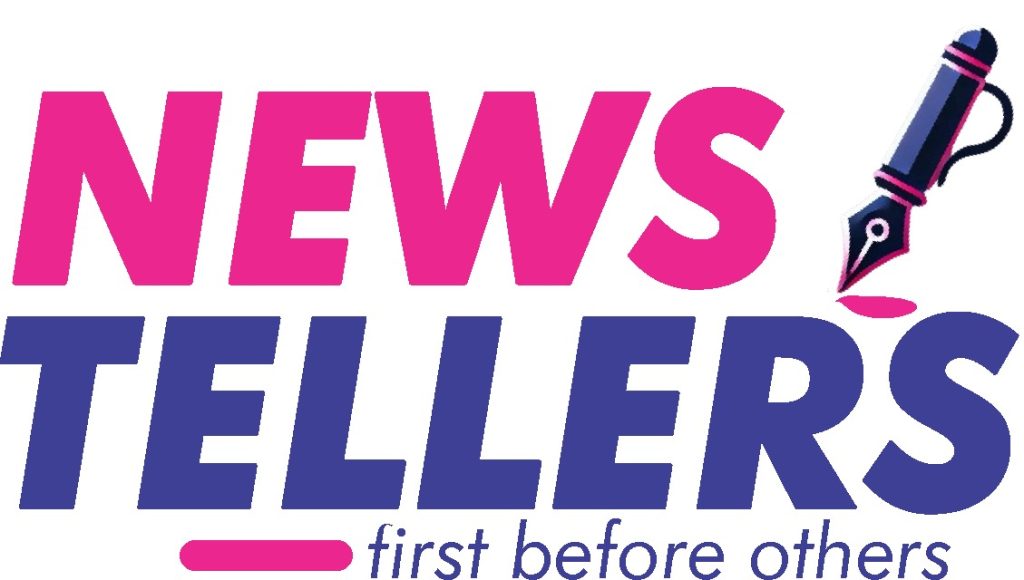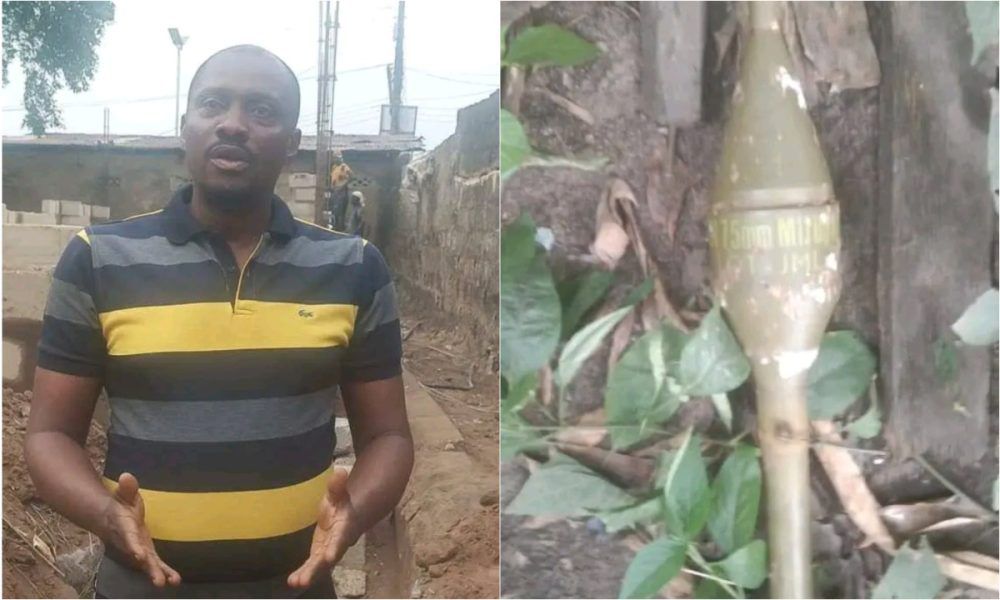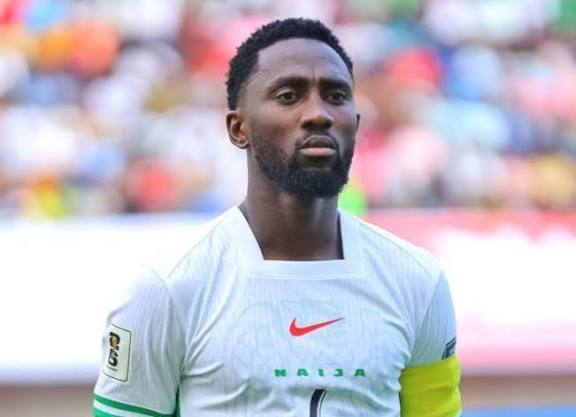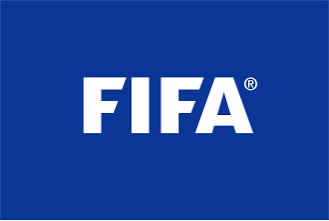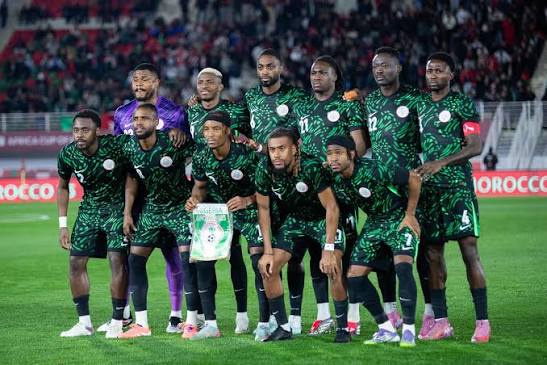
By: Adenekan Shogunle, fsi
Nigeria is bleeding. Beneath the noise of politics and the rhythm of Afrobeats, our nation carries a heavy silence. The coups of 1966, the pogroms, and the civil war of 1967–70 left wounds that were never acknowledged, let alone healed. For decades, we have been told to “move on.” But silence does not heal, it corrodes.
The role of storytelling in healing fractured societies is not theoretical. South Africa’s Truth and Reconciliation Commission used testimonies, stories, to confront the horrors of apartheid. Rwanda, scarred by genocide, has leaned on community-based storytelling and justice processes to rebuild trust. Nigeria, too, must find its own way.
The platforms are already at hand: literature, film, theatre, music, and digital media. Our writers and filmmakers are global voices. Our communities remain rooted in oral traditions. What we need is the courage to speak, and the humility to listen.
Nigeria is racing towards dangerous crossroads, economic hardship, insecurity, deepening polarization. Healing is urgent. Storytelling will not solve everything; justice, reform, and accountability must follow. But without storytelling, reconciliation will remain superficial.
The time has come to create spaces, national, local, and even personal, where Nigerians can tell their stories. We must resist the temptation to dismiss the past as irrelevant, or to weaponize history for politics. Instead, let us wield stories as tools of healing, empathy, and rebuilding.
If we are to mend our brokenness, Nigeria must rediscover the power of storytelling, especially visual storytelling.
Drama and film have always been more than entertainment; they are vehicles of memory, empathy, and renewal. Hollywood understood this in the aftermath of the Second World War. Movies such as The Best Years of Our Lives and Saving Private Ryan gave voice to veterans, widows, and a wounded nation. These films helped America process trauma, confront its demons, and build resilience.
Bollywood did the same for India. In the years after Partition and recurring wars with Pakistan, films like Mother India and Border used drama, music, and emotion to knit together a people fractured by religion, caste, and displacement. Cinema became India’s therapy, shaping a shared identity even amid diversity.
Literature and speeches have played their part too. At the height of Britain’s darkest hours in the Second World War, Winston Churchill wielded words like weapons. His speeches, “We shall fight on the beaches… We shall never surrender”, were not mere rhetoric. They were stories of defiance and resilience that rallied a battered people towards recovery.
These examples remind us: nations do not heal by burying their pasts. They heal by telling their stories.
Nigeria must do the same. Our writers, filmmakers, and dramatists carry the tools of national therapy. Plays like Wole Soyinka’s Kongi’s Harvest and films like Half of a Yellow Sun have shown what is possible, but we need more. We need stories that give voice to the hungry children of Biafra, the widows of pogroms, the displaced of the Middle Belt, and the victims of today’s terror. We need Nollywood to rise to the challenge, not just with comedy and romance, but with bold, unflinching dramas that help us confront our past and imagine a shared future.
Storytelling builds empathy across fault lines. It forces us to see that no community has a monopoly on pain. It allows us to create a shared memory that is not Igbo, Yoruba, or Hausa, but Nigerian. Without such memory, reconciliation will remain a slogan.
Our country is at a crossroads. Economic hardship, insecurity, and ethnic suspicion are stretching our fragile bonds. Healing is urgent. Visual storytelling, (in film, theatre, and literature), can become our bridge to one another. It will not replace justice, reform, or accountability. But without it, we cannot begin to heal.
Nigeria needs good storytellers. A nation that cannot tell its story cannot heal. And a nation that cannot heal cannot endure.
– Shogunle, fsi, writes from Abuja.

